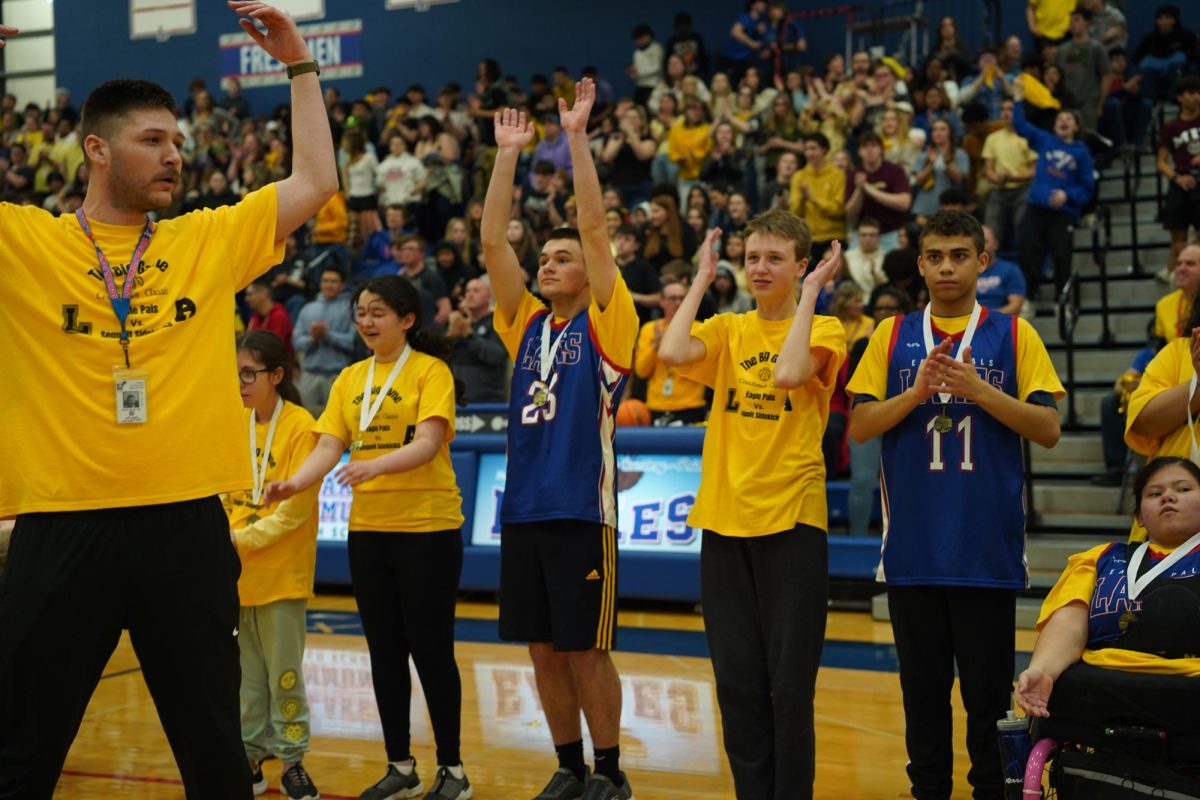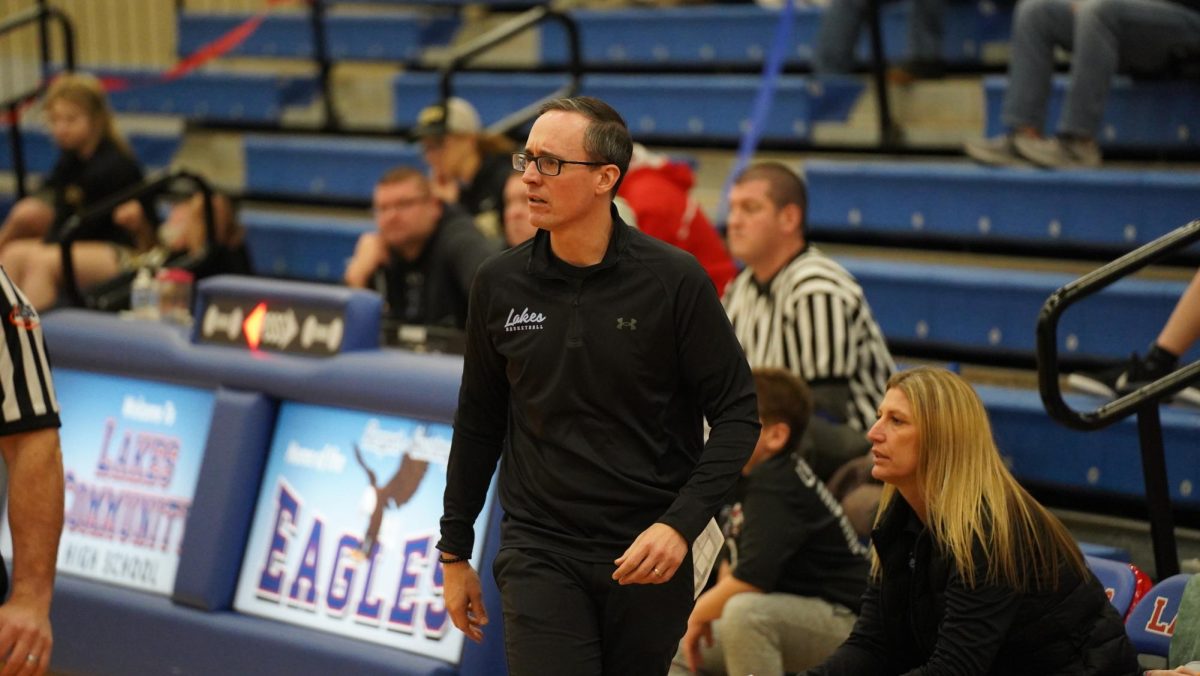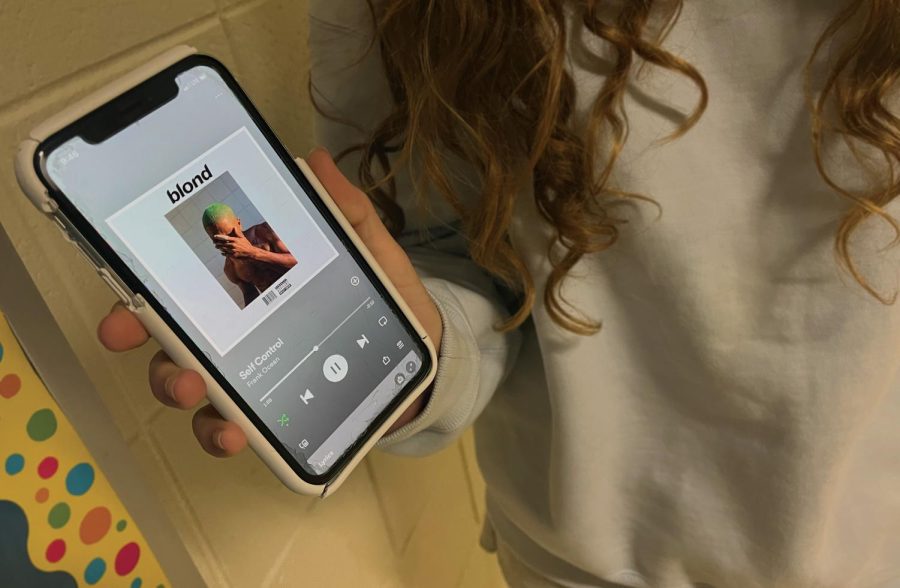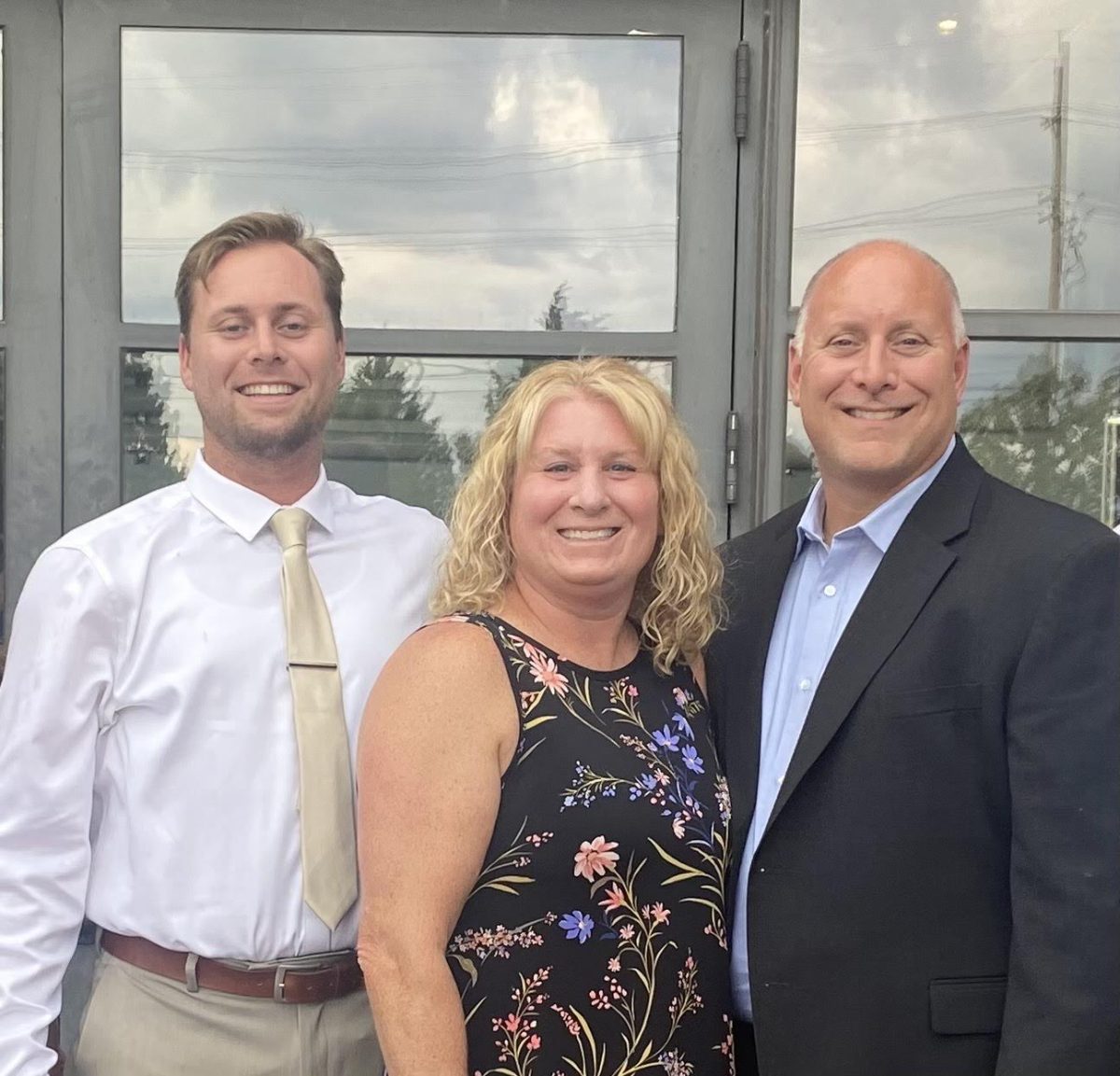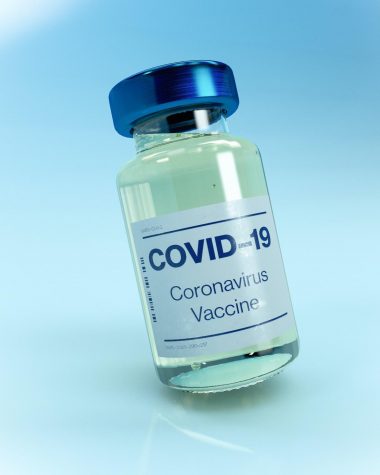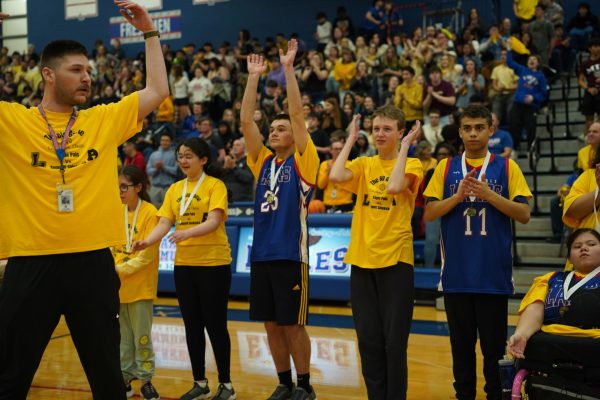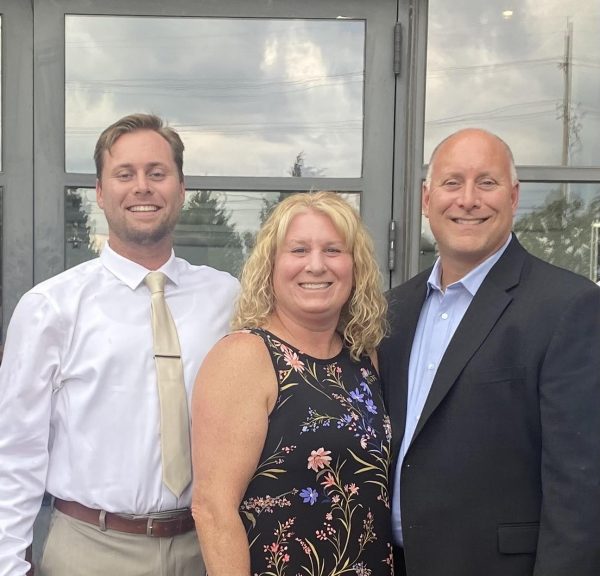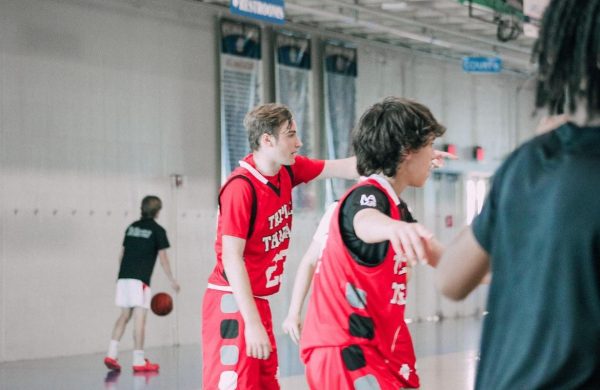Murad and Mukwege Win Nobel Peace Prize for Efforts Against Sexual Violence
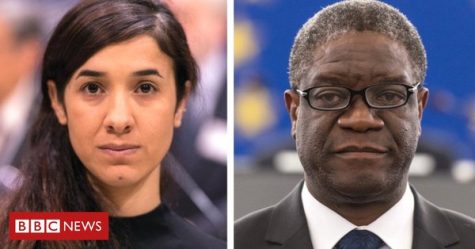
On October 5, the Norwegian Nobel Committee awarded their prestigious Peace Prize to two prestigious figures who have shed light on war-time sexual violence. Denis Mukwege, a gynecologist from the Democratic Republic of the Congo, and Nadia Murad, an Iraqi rape victim and human rights activist, were the recipients of the highly-coveted accolade.
Nadia Murad lived in the remote village of Kocho, a small town tucked away in the highlands of northern Iraq, known for its Yazidi minority. The region was under attack by the Islamic State in August 2014 when the group launched a systematic attack in the northern territories of the country. Her town was in one of the affected territories. Hundreds of civilians in Kocho alone were massacred. She was one of the many girls in Kocho and the other surrounding villages that were abducted, raped, and held as sex slaves. According to the Nobel Prize Organization, Nadia was sexually abused by Murad’s captor left the building she was held hostage in unlocked, allowing her to escape.
She is “one of an estimated 3,000 Yazidi girls” who were raped and abused by the Islamic State military. Following the horrors that she experienced, she decided to speak out about her story and the suffering she endured. The Nobel Prize Organization states she became the “first Goodwill Ambassador for the Dignity of Survivors of Human Trafficking for the United Nations” in 2016.
Dr. Denis Mukwege is the second recipient of the Nobel Peace Prize. He is the founder and gynecologist of the Panzi Hospital in Congo; the majority of patients treated are women who have been victims of sexual abuse. According to Panzi Foundation, the hospital has a “world-renowned reputation for treating survivors of sexual violence and complex gynecological injuries”. They also provide “a holistic model of care” by providing “physical recovery, psychosocial and emotional support, community integration, and legal assistance”.
Dr. Mukwege opened the hospital in 1999 after he witnessed the horrors of the civil war that wreaked havoc in the eastern territories of the Democratic Republic of the Congo, a country situated in the hot and humid highlands of Central Africa. Maternal mortality and rape drastically increased as a result of the violence. Many of Dr. Mukwege’s patients had reproductive organs that were brutally mutilated and damaged from the sexual violence. His establishment of the hospital has saved tens of thousands of women and girls whose lives have been ravaged and traumatized from inhumane acts of rape and assault.
His efforts to stop sexual violence are not confined within the hospital. He has formed two Panzi Foundations in the DRC and the United States. According to the Panzi Hospital website, both organizations “operate in lock-step to fund and implement critical programs serving survivors of sexual violence and the broader community surrounding Panzi.” Moreover, the USA-based foundation provides awareness to the conflicts taking place in the eastern territories of his country, introduces causes for the tensions, and offers financial support to Dr. Mukwege’s hospital.
Nadia Murad and Dr. Denis Mukwege are the voices of the victims who have not found their voice yet. Their efforts of bringing awareness to the sexual violence and war crimes that are taking place around the world are momentous. Murad and Mukwege’s contributions have given sufferer’s justice. The two laureates were applauded and presented with the illustrious $1 million award in Oslo, Norway by the Norwegian Peace Committee.
